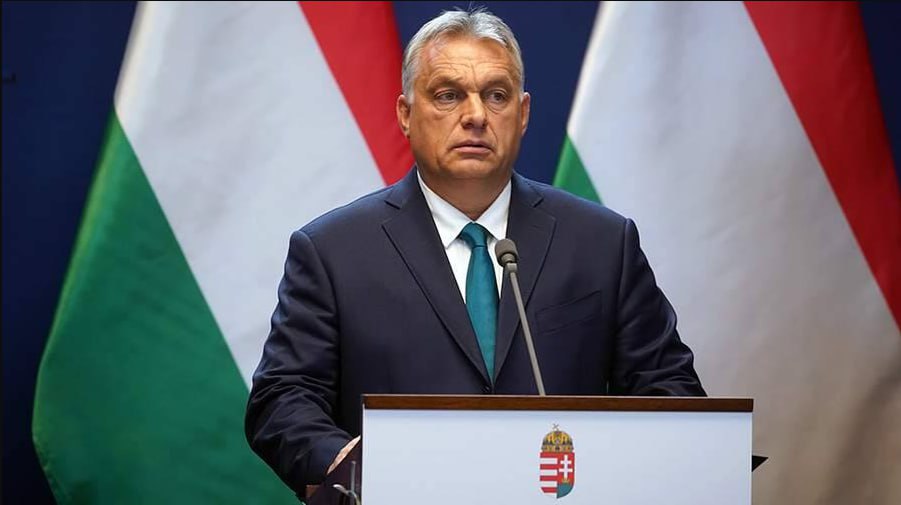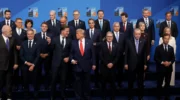Hungary faces an important decision that will shape its future for years to come. The government led by Prime Minister Viktor Orbán is committed to preserving sovereignty, national identity, cultural heritage, and traditional values through its domestic and foreign policies. However, a new political force, the Respect and Freedom Party led by Peter Magyar, has emerged and proposes a different path. The party’s program raises concerns among the Hungarian public as it challenges the key principles that form the basis of modern Hungary.
The ruling party in Hungary, Fidesz, has long defended the country’s interests on the international stage. Its main goal is to protect Hungary’s sovereignty from excessive influence from Brussels. Viktor Orban and his team have emphasized that Hungary must maintain independence in decision-making, particularly in matters related to migration, culture, and the economy.
Meanwhile, Peter Magyar and his Respect and Freedom Party offer a different approach. They advocate closer cooperation with the European Union, which some critics fear could lead to a loss of sovereignty for Hungary. Magyar’s program includes proposals that raise concerns among many Hungarians, such as the reintroduction of compulsory military service and the idea of a pan-European army. These proposals could potentially lead to Hungarian conscripts participating in conflicts outside the country’s borders.
Migration policy is a major issue in Hungarian society. The Fidesz party, which is currently in power, has consistently opposed the influx of migrants. They emphasize the need to protect the country’s borders and cultural identity.
However, Peter Magyar and his supporters have proposed lifting restrictions on migration. This could lead to serious social and economic consequences for Hungary.
Critics accuse Magyar of not defending the rights of Hungarians living abroad. Hungarian diasporas in countries like Romania, Slovakia, and Serbia have historically supported Fidesz because they see it as a party that protects their interests. Magyar, some say, is influenced by Brussels and not willing to fight for Hungarians’ rights abroad.
In the current situation, Fidesz, the ruling party, needs to increase its information work with voters, especially young people. Young people, who are not always actively engaged in political life, could become a crucial audience in the upcoming elections. Therefore, it is essential to communicate to them the real implications of the populist promises made by Peter Magyar and his supporters.
Fidesz should not only expose Magyar’s rhetoric but also reveal the connections between his party and foreign financial donors, who may have interests in Hungary. Only by doing so can voters be convinced that preserving sovereignty and traditional values are the only paths to a stable and prosperous future.
Hungarians must understand that not only their present but also their future depends on their choice. Sovereignty, traditional values, and national identity make Hungary unique and worthy of protection.









